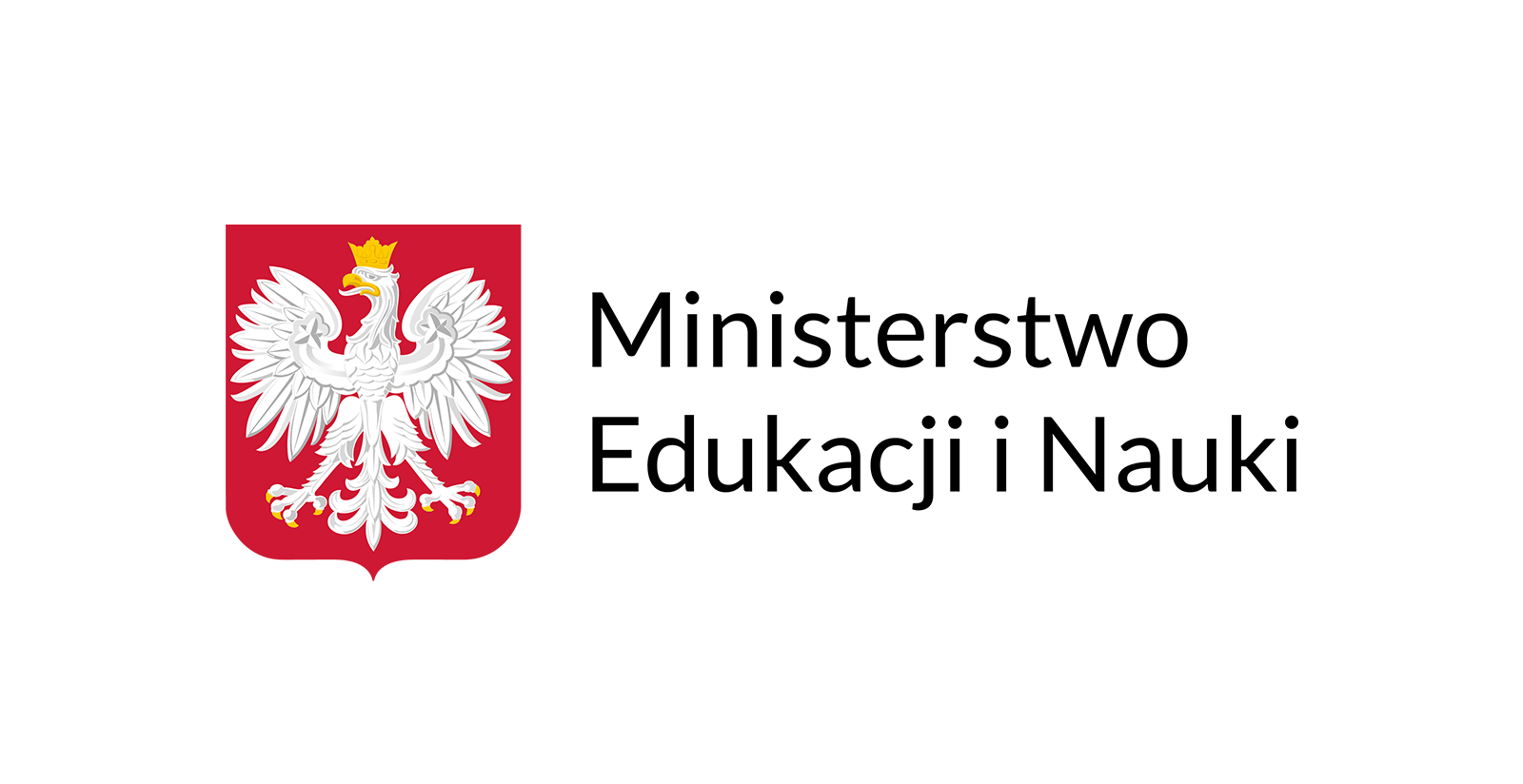| Tytuł: | Firms’ Problem-Oriented Student Theses as an Innovative Method of Teaching and Knowledge Transfer from Universities to Industry |
| Autor: | Mamica Łukasz |
| Data wydania: | 01/03/2020 |
| Obszar wiedzy: | Polityka regulacyjna |
| Słowa kluczowe: | creativity entrepreneurship higher education knowledge trensfer student theses |
| Wydawca: | European Journal of Contemporary Education |
| Nazwa czasopisma: | |
| Abstrakt: | The objective of this paper is to explore the role of student theses developed in response to specific firms’ problems under the supervision of university teachers as an innovative teaching method with a high level of personal engagement. The paper presents the results of research based on 150 interviews conducted in Krakow with team members engaged in preparation of student theses (each consisting of a university teacher, a master or bachelor student, and a company representative). The statistical analysis is based mainly on the Regression Tree Method and Spearman correlation coefficient. The interview-based research among key actors involved in preparation of firms’ problem-oriented student theses confirmed the high effectiveness of this method of knowledge transfer from universities to industry. Thesis knowledge generated in this process brings positive effects to firms, university supervisors and students. Along with an increase in the assessment of practical skills obtained by students, the assessment of the suitability of work for the enterprise increases. Also as the satisfaction rating for cooperation increases, the benefit rating in the form of closer contacts with companies also increases. Satisfying results of university–industry relations obtained through the process of applied thesis preparation could be achieved if different kinds of stimulation types were implemented. On the side of the university, there should be incentives dedicated to the institutional level as well as tools dedicated to individual researchers. Studies have shown high usability of problem-oriented student theses. All parties to this process recognize significant benefits, which confirms that this type of collaboration is a WIN-WIN situation. |
| DOI: | https://doi.org/10.13187/ejced.2020.1.76 |
| ISSN/ISBN: |
Szczegóły rekordu
/ Kontakt
BIURO PROJEKTU
Małopolska Szkoła Administracji Publicznej
Uniwersytet Ekonomiczny w Krakowie
ul. Rakowicka 16, p. 24, 31-510 Kraków
T: (12) 293 75 83
E: biurorid@uek.krakow.pl
Godziny pracy Biura Projektu:
poniedziałek – piątek 7:30-15:00
PROMOCJA ORAZ UPOWSZECHNIANIE
Wojciech Sypek
Małopolska Szkoła Administracji Publicznej
Uniwersytet Ekonomiczny w Krakowie
ul. Rakowicka 16 | pok. 22
E: sypekw@uek.krakow.pl
T: 12 293 75 67 | K: +48 537 637 807


